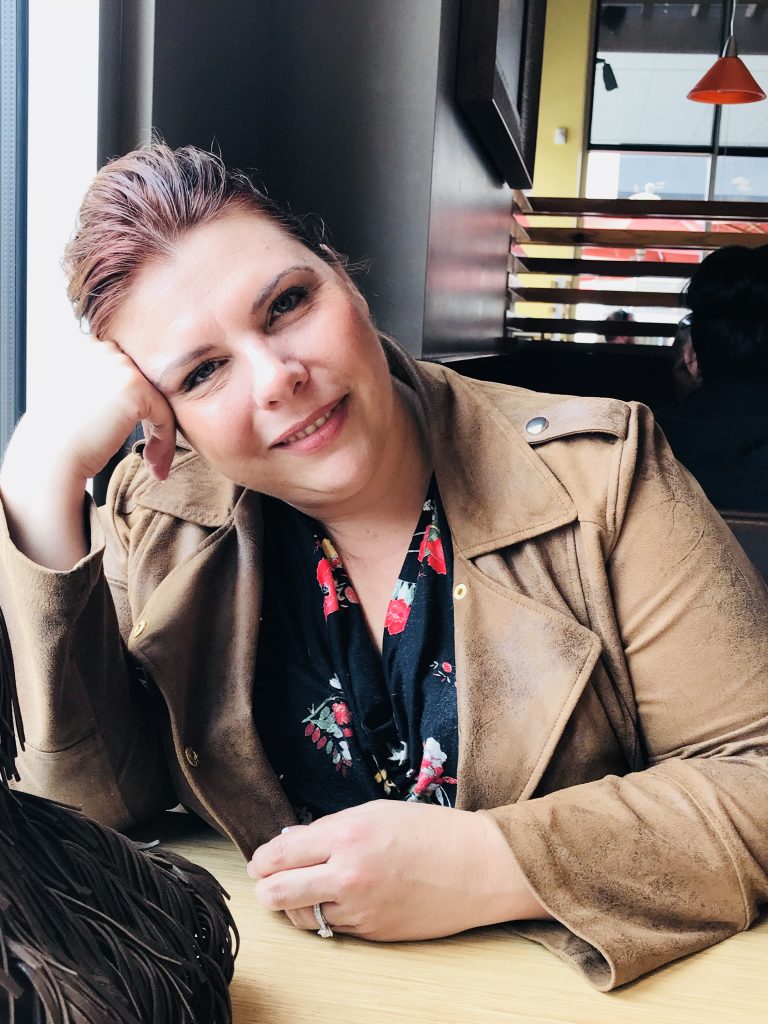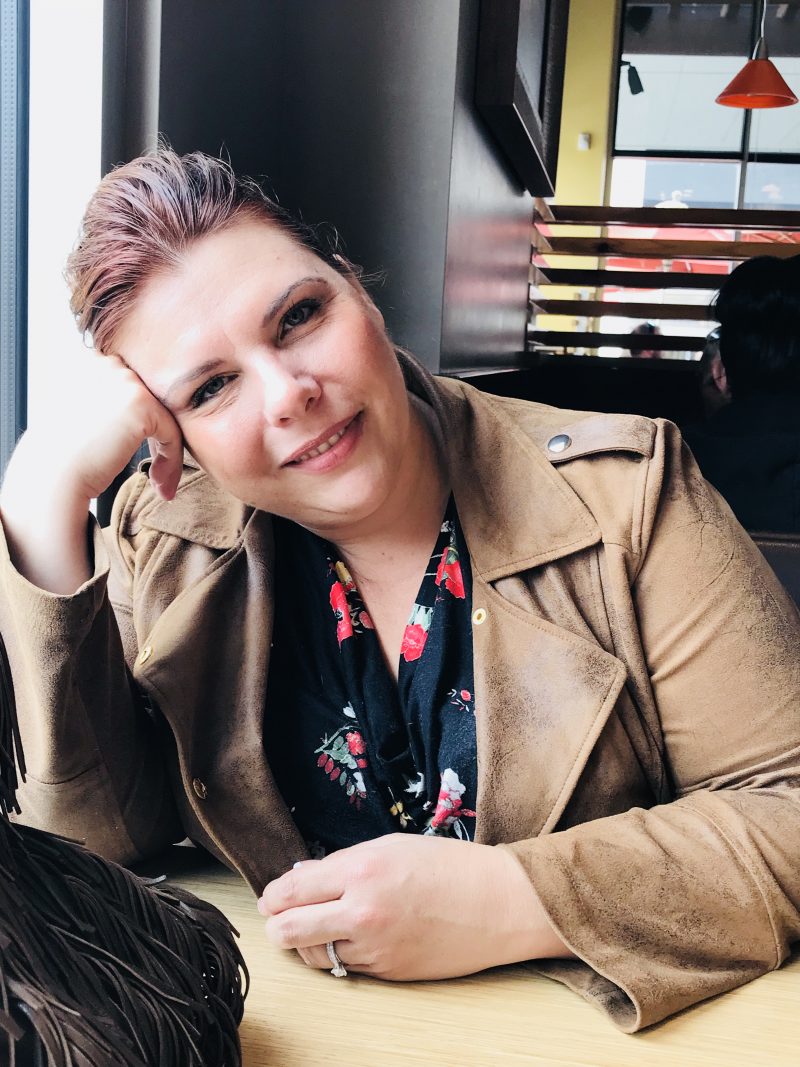They say that bipolar disorder doesn’t usually show up in women until they are in their 30s and that it takes an average of 9 years for her to get a diagnosis.
That’s not my story.
I live with Bipolar Disorder (Type 2), and it manifested at an unusually young age. I had dissociative episodes when I was only 6 years old, although I didn’t know that it was unusual or that few others had similar experiences. By the age of 10, depression was an old friend and my 6th-grade teacher pulled my mother aside, concerned about how dark my writing was.
In 5th grade, I had a hypomanic episode. I spent one lunch period running around the yard, completing 17 laps before the bell rang.
In 7th and 8th grades, I became obsessed with suicidal ideation. While I didn’t have suicidal impulses, imagining my funeral was a hobby. I fantasized looking out of my casket, schoolmates walking past me and commenting on how they wished they’d treated me differently.
By 14, my mother knew the signs of depression in me quite well, although she didn’t know that my “funks” were as serious as they were.
High school was marked with depressions, elations, religious fervor (followed by deep questioning), and severe absent-mindedness to the point of danger.
I’ve always been “lazy.” Cleaning my room was an overwhelming task, and my younger sister would often take pity on me and help me out. Usually, she started and finished the job, too. I didn’t study in school. I loved writing assignments and anything language-related, but hated projects. Getting me to complete a task was a fight, and one my parents frequently lost.
I often felt confused and overwhelmed in social situations.
I was combative and kind. Irritable and sweet. Mercurial, some would say.
I couldn’t make friends with other girls. They confounded me with their drama.
I enlisted in the Army National Guard to help me get some direction in life. I was a natural drifter, and needed outside structure imposed upon me for my own good, although I resented it every time.
Sex was an easy give for me, and a key way I found value in my relationships with men. As long as they wanted my body, I was good for something. I have no idea how many sexual partners I’ve had in my life, but I do know I’m lucky that my hypersexuality and poor habits didn’t have more serious consequences.
I’ve had two pregnancies and one child. She’s paid a big price to be my kid. I wish I could get a do-over on her early childhood.
Alcohol was no help. I had no idea how to limit my drinking. “Going drinking” was an activity, and an activity meant a task, and tasks need to be completed. It took me nearly 15 years to connect alcohol usage to some of my most traumatic moments and realize how damaging it was for me. I don’t drink anymore.
I took extreme risks that didn’t seem like risks to me, with family and friends watching me in bewilderment. I moved – twice – to places I’d never visited, in new states, with no friends or support network in place. All on a whim. Hypomanic whims.
I’m a workaholic with poor career boundaries. Work let me escape my emotions and distracted me from my depressions. Hypomania made me productive and momentarily brilliant, hiding my ongoing challenges.
I’m on my 8th career. I’m 40.
I’ve never been fired from a job. I always quit when the stress gets to be too much for me. I’ve been lucky that my skills have allowed me to take a new job quickly. My longest stint at a single company with a single boss is 3.5 years.
Money is my security and my biggest challenge. I’ve had cars repossessed, “pay rent or quit” notices on my apartment doors, electricity and even water shut off. Being broke is expensive, I’ve learned. I don’t manage the money in my marriage. It’s not safe for us.
I was first diagnosed at the age of 19 with bipolar disorder. I was forced to see this therapist as a result of a rape I’d experienced in the Army, and in our first session, he diagnosed me within 10 minutes of meeting me. It felt too pat, too glib, and I had no trust in him anyway. He was a quack, bipolar disorder sounded scary and crazy, and I decided he was wrong.
Maybe my life would have been different if I’d listened.
I got lucky. I hit a point in my life where things started to just work out for me. I was accidentally stable, and I was working on a new career path. I met my now-husband and, for the first time, I had a healthy, positive relationship. We married; he adopted my daughter.
I got depressed. He thought it was about him.
I got lucky. My healthcare provider is amazing, and I got excellent treatment. I avoided medication at first like many others do. I didn’t want to be a zombie. I wanted to still have feelings.
Six months in, I waved my white flag and asked for an anti-depressant.
The Lexapro lifted my depression and kicked off two rapid, hypomanic cycles. One was fun; the other – terrifying. My psychiatrist went through the same series of questions that other therapist had gone through 20 years before, and he arrived at the same conclusion.
The only thing that changed in 20 years was my desire to get better.
Lamictal, therapy, and faith have changed my life. My marriage and family are stronger now for my diagnosis. Every day is still a battle, but at least I know I’m in one now.
And I’m winning.

Teresa Colón is on a mission to compassionately educate on the true nature of mental illnesses; encourage with hope, prayer, and spiritual insights; and to support those who live with mental illnesses. Teresa’s experiences with bipolar disorder and related traumas help her move beyond the often simplistic answers the Christian community offer for mental illnesses. She loves to share the hope, knowledge, and skills she learned along her own journey to health. She runs several support groups that cover a variety of topics, including core skills for mental illness, and trauma groups related to sexual assault/abuse, abortion, and broken relationships. Teresa is also the writer behind Seeing Ourselves Through God’s Eyes, a 28-day mental health devotional for those going through a tough time.








Leave A Comment